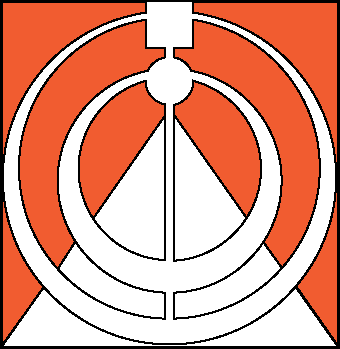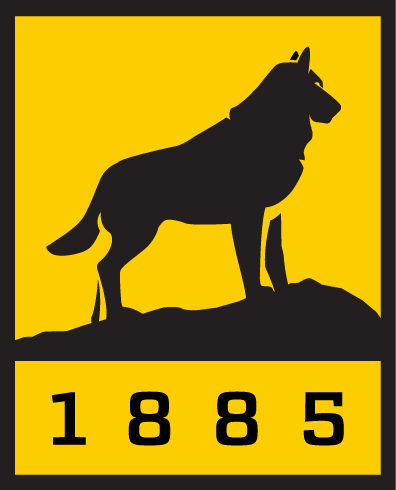Master Teacher Fellows Reach Master's Milestone, Look Forward to Leadership
Friday, May 28, 2021
When Mi-STAR first offered Kevin Knack a slot in its new Michigan Master Teacher Fellows Program (MTP), he didn’t say yes right away.
“I debated whether or not to take it,” said Knack, a teacher at Milwood Magnet School. “I was in my mid-thirties, and I was not sure I wanted to commit to a long-term project.”
Knack was happy teaching science in the Kalamazoo Public Schools, and he knew being an MTP Fellow would be a lot of work. He’d have to study for a master’s degree, a big commitment for a full-time teacher. Plus he would be working on the Mi-STAR curriculum and leading professional development in his district. Why take that on?
He came up with two compelling reasons. “I wanted to get a better understanding of the Next Generation Science Standards and ramp up my pedagogy,” Knack said. Plus, there was the chance to make a difference beyond the confines of his classroom. The MTP promised to elevate him into a teacher-leader, someone who could help educators throughout the state boost student engagement and achievement in STEM.
“I realized I have half my career left,” he said. “I asked myself, ‘Do I want to coast till I retire, or get to the next level?”
Almost three years later, Knack and seven other Michigan science teachers have completed their master’s degrees through the Michigan Master Teacher Fellows Program (MTP) and are getting ready to take their careers “to the next level.”
MTP was launched in 2018 with support from a National Science Foundation (NSF) Robert Noyce Scholarship Program grant. The program funded two groups: Cohort 1, eight teachers who would enroll in Michigan Technological University’s MS in Applied Science Education program; and Cohort 2, which includes 12 Master Teaching Fellows who already held master's degrees in their field.
Shari Stockero, a co-principal investigator on the NSF grant, a mathematics education professor and director of Teacher Education at Michigan Tech, helps administer the MTP and taught one of the graduate classes. “The goal is to develop master teachers and teacher leaders,” she said. “At the start of the MTP program, teachers in the second cohort, who already had master’s degrees, jumped into a variety of leadership activities.” The first cohort focused on completing their master’s degrees, which included special course work on the Next Generation Science Standards and teacher leadership.
“Now that all members of Cohort 1 [the teachers seeking their master’s degrees] are graduated, they will begin working with Cohort 2 [teachers who entered the program with master’s degrees] and begin to lead science education in the state,” said Stockero.
The Cohort 2 Fellows, who began the program with master’s degrees, have been conducting research and undertaking leadership development activities with support from Mi-STAR, said Steph Tubman, Mi-STAR coordinator of curriculum development and implementation. “A key element is sharing that knowledge through professional learning communities [PLCs], which let educators come together around a particular topic or problem,” Tubman said. “This spring we’ll have PLCs on formative assessment, quality curriculum design, and integrating career readiness into science education.”
Kaitlin Rich, a science teacher at Ishpeming Middle School, is among the Fellows who completed her master’s degree. She is now looking forward to collaborating more fully with the Cohort 2 teachers. “We’ve already been able to work with them on MTP projects, and I hope to keep learning and growing,” she said. “We’re encouraged to take on leadership roles, something I have always wanted to do.”
As for the MS program, “The professors at Tech were amazing,” she said. “They held us to a high standard, but they were also willing to work with us. Teaching is hard in the best of times, and when the pandemic hit, they were flexible and helped us succeed.” Her peers were also a huge source of support. “Our cohort has a group text, and not only can we vent to each other, we support each other and give tips on lessons. That part has been invaluable.”As for Knack, the MTP Fellows program delivered beyond expectations. “Our training was incredible,” he said, “Where I am now with NGSS is so far beyond where I was when I started.” That’s due in part to the Master Teacher Program’s long-term, in-depth training. “Schools try to provide good professional development, but they can only do so much,” he said. “With the Master Teacher Program, Mi-STAR has provided continuity and cohesiveness, two huge luxuries.”
“It’s also been awesome having the same cohort of teachers going through this together,” he added. “There was a real esprit de corps.”
Now Knack is looking forward to putting into practice the lessons learned in the Master Teacher Program. “This is my chance to be a significant factor in moving science education forward systemically instead of just in my own classroom,” he said.
GET Mi-STAR NEWS BY E-MAIL!
Copyright © 2026 Mi-STAR
Mi-STAR was founded in 2015 through generous support provided by the Herbert H. and Grace A. Dow Foundation. Mi-STAR has also received substantial support from the National Science Foundation, the MiSTEM Advisory Council through the Michigan Department of Education, and Michigan Technological University.



















